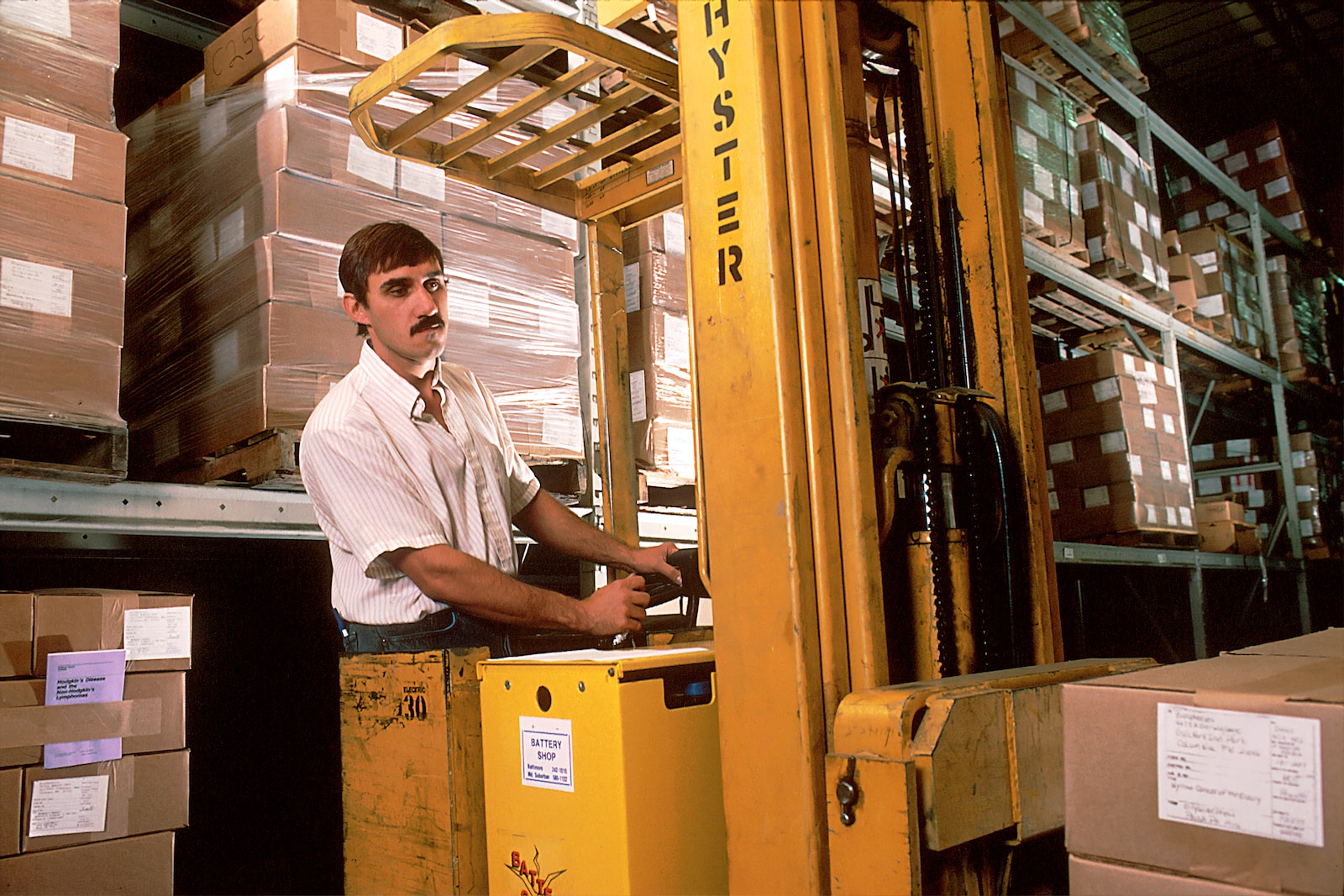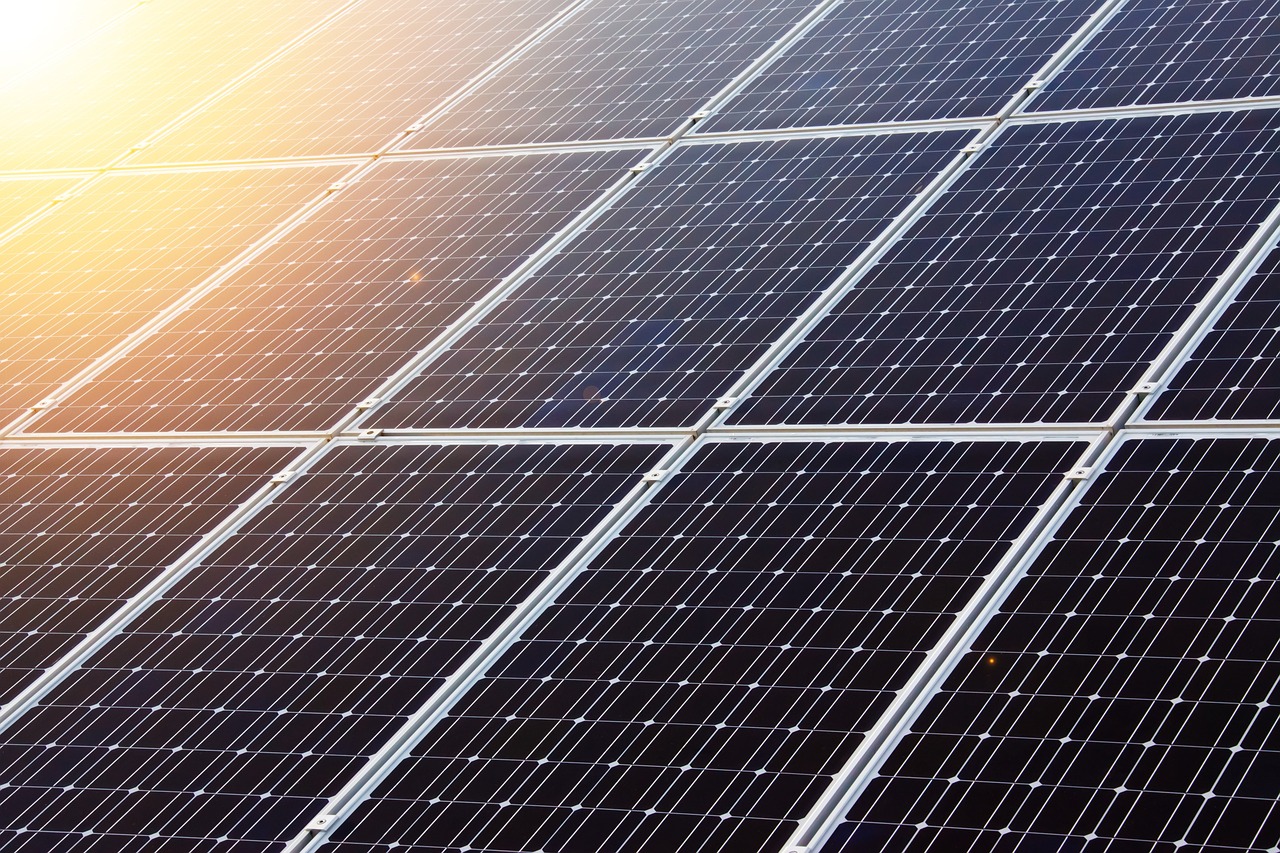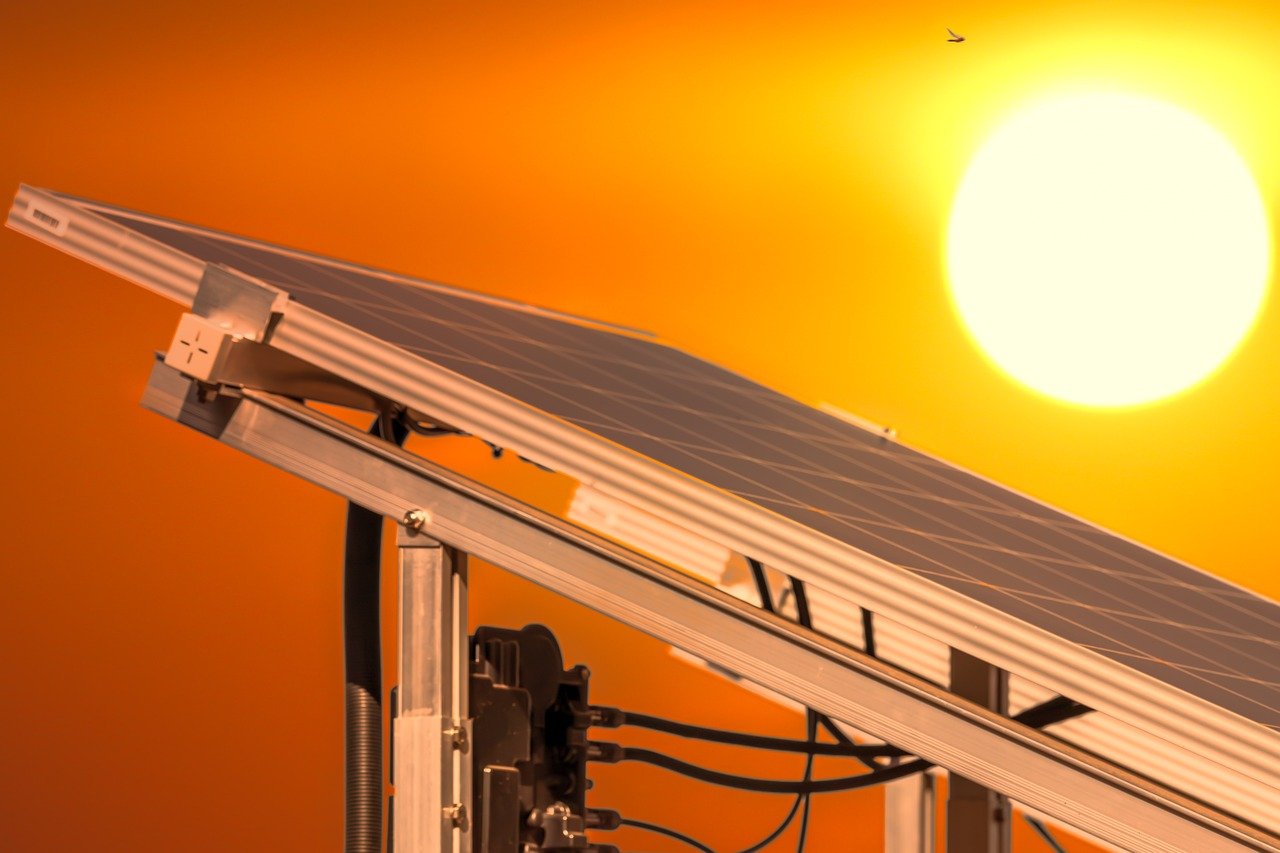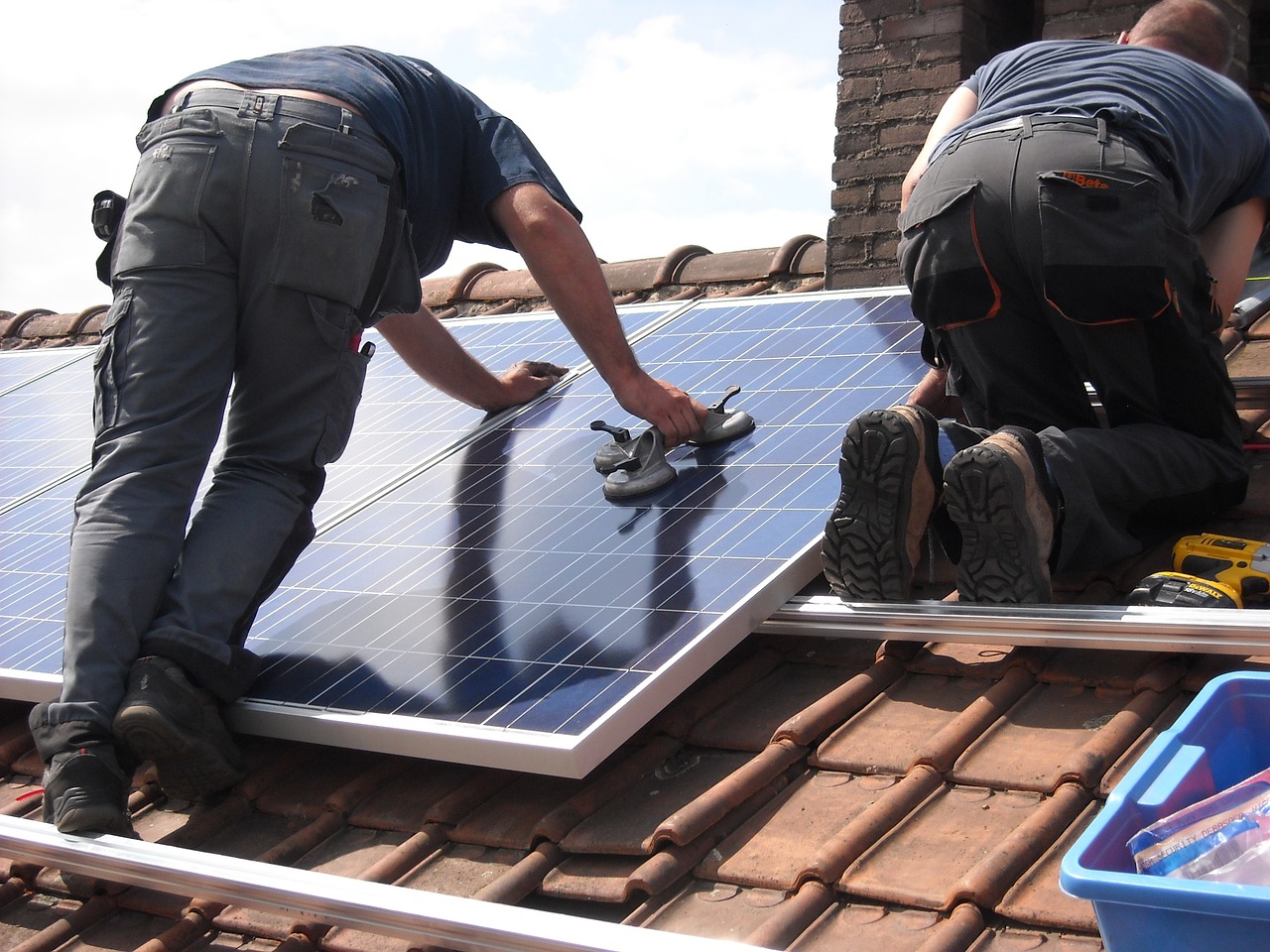Key Takeaway: Proper storage is essential to prevent decay and damage to solar panels. Factors such as temperature, humidity, and exposure to sunlight can affect their longevity. Following the recommended storage conditions and performing regular maintenance can help maximize their lifespan.
Are you considering installing solar panels or have some that need to be stored temporarily? It’s important to understand how to store solar panels correctly to prevent decay and ensure their optimal performance. In this article, we’ll explore the factors that can contribute to the decay of solar panels during storage, how long they can be stored, and the considerations to keep in mind while storing them.
Introduction to Solar Panels
Before we dive into the topic of solar panel storage, let’s briefly go over what solar panels are and how they work. Solar panels are devices that convert sunlight into electricity. They are made up of photovoltaic cells, which generate electricity when exposed to sunlight. The electricity produced by solar panels can be used to power homes, businesses, and even entire communities.
Importance of Proper Storage
Solar panels are designed to withstand various weather conditions and are built to be durable. However, proper storage is crucial to prevent decay and damage that can occur over time. When solar panels are not in use or need to be stored temporarily, they can be vulnerable to environmental factors that can negatively impact their performance.
Factors Affecting Decay
Several factors can contribute to the decay of solar panels during storage. These factors include temperature, humidity, and exposure to sunlight.
Temperature: Extreme temperatures, both hot and cold, can affect the materials used in solar panels. High temperatures can cause the materials to expand and contract, potentially leading to cracks or damage. Similarly, freezing temperatures can cause the materials to become brittle and susceptible to breakage.
Humidity: High levels of humidity can lead to the formation of condensation on the surface of solar panels. This moisture can seep into the panels and cause corrosion or other forms of damage. It’s important to store solar panels in a dry environment to minimize the risk of decay.
Exposure to Sunlight: Although solar panels are designed to absorb sunlight, prolonged exposure to direct sunlight during storage can degrade their performance over time. It is best to store solar panels in a shaded area or cover them with a protective layer to minimize direct exposure.
Length of Storage
The length of time that solar panels can be stored without significant decay depends on several factors, including the quality of the panels, the storage conditions, and the manufacturer’s recommendations. In general, solar panels can be stored for several years without experiencing significant decay if stored properly.
However, it’s important to note that the performance of solar panels may gradually degrade over time, even when not in use. This is known as “panel degradation” and is a natural process that occurs over the lifespan of solar panels. The rate of degradation can vary depending on the quality of the panels and the environmental conditions they are exposed to.
Storing Considerations
To ensure the longevity of your solar panels during storage, there are several considerations to keep in mind:
Ideal Storage Conditions: The ideal storage conditions for solar panels include a cool, dry, and well-ventilated area. Avoid storing them in areas that are prone to extreme temperature fluctuations, high humidity, or direct sunlight. If possible, store the panels in a climate-controlled environment.
Protection from Environmental Elements: Solar panels should be protected from environmental elements such as dust, dirt, and moisture. Covering them with a tarp or using protective storage bags can help prevent damage from these elements.
Secure Storage: When storing solar panels, ensure that they are properly secured to prevent accidental falls or damage. Use racks or stands designed for solar panel storage to keep them in an upright position.
Labeling and Documentation: It’s important to label and document the stored solar panels. This will help you keep track of their age, warranty information, and any specific instructions provided by the manufacturer.
Maintenance During Storage
While solar panels are in storage, it’s important to perform regular maintenance tasks to ensure their longevity:
Regular Cleaning: Clean the surface of the solar panels periodically to remove any dust, dirt, or debris that may have accumulated. Use a soft cloth or sponge and a mild detergent to gently clean the surface. Avoid using abrasive materials or harsh chemicals that can damage the panels.
Inspection: Regularly inspect the panels for any signs of damage, such as cracks, loose connections, or corrosion. If you notice any issues, contact a professional for further evaluation and repair.
Battery Maintenance: If your solar panels are connected to a battery storage system, ensure that the batteries are properly maintained during storage. Follow the manufacturer’s guidelines for battery maintenance, including regular charging and monitoring of battery levels.
Reinstallation Considerations
When it’s time to reinstall the stored solar panels, there are a few considerations to take into account:
Professional Assistance: If you’re unsure about reinstalling the solar panels yourself, it’s advisable to seek professional assistance. They will have the necessary expertise and equipment to safely reinstall the panels and ensure they are connected correctly.
System Inspection: Before reinstalling the solar panels, it’s important to inspect the entire system, including the panels, wiring, and connections. Look for any signs of damage or wear and address any issues before reconnecting the system.
Reconnecting the System: Follow the manufacturer’s instructions or consult with a professional to ensure the solar panels are correctly reconnected to the electrical system. This will help ensure the safe and efficient operation of the panels.
In conclusion, proper storage is crucial to prevent decay and damage to solar panels. Factors such as temperature, humidity, and exposure to sunlight can affect their longevity. By following the recommended storage conditions, performing regular maintenance, and taking necessary precautions during reinstallation, you can maximize the lifespan of your solar panels and ensure they continue to generate clean and renewable energy for years to come.
Disclaimer: The information provided in this article is for educational purposes only and should not be considered as professional advice. Always consult with a qualified solar panel technician or manufacturer for specific guidance related to your solar panel storage and reinstallation needs.
FAQs
Q: Can solar panels be stored outdoors?
A: While it’s generally recommended to store solar panels in a cool, dry, and well-ventilated area, outdoor storage may be possible in certain circumstances. However, it’s important to ensure that the panels are protected from direct sunlight, extreme temperatures, and other environmental elements.
Q: How often should I clean the solar panels during storage?
A: Cleaning the solar panels every six months to a year is generally sufficient. However, if you live in an area with high levels of dust, dirt, or pollution, more frequent cleaning may be necessary.
Q: Can I store solar panels vertically?
A: It’s generally recommended to store solar panels in an upright position. Storing them vertically can help prevent damage and ensure proper weight distribution.
Q: How long can solar panels be stored without losing efficiency?
A: The efficiency of solar panels may gradually degrade over time, even during storage. However, with proper storage conditions and regular maintenance, solar panels can be stored for several years without significant loss in efficiency.
Q: Can I store solar panels in a shed or garage?
A: Storing solar panels in a shed or garage is possible, as long as the storage area meets the recommended conditions of being cool, dry, and well-ventilated. Ensure that the shed or garage is not prone to extreme temperature fluctuations or high humidity levels.
Q: Do I need to disconnect the solar panels from the electrical system during storage?
A: It is generally not necessary to disconnect the solar panels from the electrical system during storage. However, if you choose to do so, consult with a professional to ensure proper disconnection and reconnection of the panels.
Q: What is the warranty period for solar panels?
A: The warranty period for solar panels can vary depending on the manufacturer and the specific product. Most solar panels come with a warranty ranging from 20 to 25 years for performance and 5 to 10 years for product defects. Be sure to check the warranty information provided by the manufacturer.
Q: Can I move stored solar panels to a different location?
A: Moving stored solar panels to a different location is possible, but it should be done with caution. Ensure that the new location meets the recommended storage conditions and take necessary precautions during transportation to prevent damage to the panels.
Q: Can I store solar panels for an indefinite period of time?
A: While solar panels can be stored for several years without significant decay if properly stored and maintained, it’s generally recommended to reinstall them and put them back into operation within a reasonable timeframe to maximize their lifespan and energy production.
Q: Can I store solar panels without removing them from the mounting system?
A: If the solar panels are already installed on a mounting system, it is generally not necessary to remove them for storage. However, ensure that the mounting system is secure and stable to prevent any damage or accidents during storage.
Q: Are there any specific guidelines for storing solar panels in extreme weather conditions?
A: In extreme weather conditions, such as hurricanes or severe storms, it’s advisable to take extra precautions to protect the solar panels. This may include reinforcing the storage area, securing the panels with additional measures, or even considering temporary removal and relocation to a safer location.
Have more questions about storing solar panels? Leave a comment below and we’ll be happy to help!
Recommended reading:



